Coffee grounds are common as household waste materials, and there is more to their use than the average person might expect. This guide focuses on a common question among gardening enthusiasts, do snake plants like coffee grounds?
Snake plants like coffee grounds, mainly when you use them the right way. You can use the coffee grounds as mulch, liquid fertiliser, and compost. The coffee grounds work to make the soil acidic, which is vital for the plant’s development. However, there is a specific process involved in applying the material to avoid stunted growth or fungus issues.
Are Coffee Grounds Good for Snake Plants?
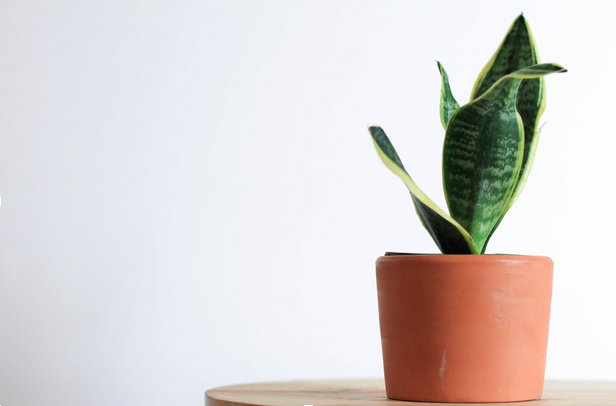
Yes, coffee grounds are good for snake plants because they are a reliable nitrogen source, which is vital for plant development and growth. You can mix the coffee ground with various types of organic material to produce high-quality compost. The organic matter provides the perfect environment for plant life, such as earthworms and microorganisms – which are beneficial to the soil.
The coffee grounds work to make the soil acidic, which is crucial for developing snake plant development. However, it requires a specific set of steps to ensure the compost you produce is of high quality.
Compost also helps with moisture retention for long durations, which isn’t good for snake plants. Therefore, adding large compost to the snake plant can hamper its growth.
How Often Should I Put Coffee Grounds on My Plants?
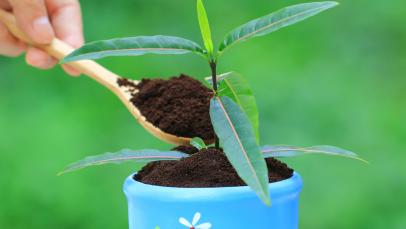
The frequency with which you should put coffee grounds on your plants depends on various factors. Common factors include the type of coffee grounds, your plant’s health and others. While coffee grounds are essential for plants, you don’t have to use them regularly. The best recommendation would be to use it once or twice each month.
You can also use the coffee grounds alongside various other artificial fertiliser products. The reason is that coffee grounds might contain large amounts of nitrogen, but they lack other essential nutrients. You have to be cautious of the pH amounts in the fertiliser. The reason is that any amount that is too acidic is harmful to your snake plants. You also have to be careful of the pests such as insects and gnats that coffee grounds can attract.
Ways of Using Coffee Grounds on Plants
There are various ways of using coffee grounds on plants. While it’s a process involving many techniques, you can use it to great effect for your plants. Avoid adding a large amount of coffee directly to your plants. This can easily cause pet health complications such as fungal development and pests.
However, since you still have to add the coffee grounds directly, here are a few simple steps you can use:
- The compost.
- The liquid fertiliser.
- Mulch.
Below is a description of all the steps involved in this process:
A: As a Compost
Compost one of the best techniques you can use to fertilise your houseplants. If you prefer developing your compost, coffee grounds are perfect for this process. It’s easy to create nutrient-rich compost with nitrogen by using coffee grounds.
You just have to add about 25% of coffee ground to the other compost materials you plan on using for the plants. Remember to use a measured amount of coffee grounds because excessive use can lead to plant damage. Once the compost is ready, use the product to fertilise your snake plants.
B: Use it as Liquid Fertilizer
You can also use liquid fertiliser for the process of producing coffee grounds, and these are the steps involved:
- Acquire a small container with some water, and let it simmer.
- Once the water starts boiling, turn the gas off and let the mixture sit.
- After a few minutes, add the coffee grounds to the compost mixture.
- Allow the mixture to sit for a few days.
- Once complete, strain the remaining compounds and add the mixture to your houseplants.
Setting the coffee grounds on your plants is beneficial because it encourages the development of plant health bacteria. These bacteria are essential for the breakdown of coffee grounds and the release of nutrients into the water. You can use the water to fertilise your plants and encourage optimal development. The water will also contain healthy ingredients such as microorganisms and bacteria. These products will eventually have a positive development on the soil quality.
C: As Mulch
You can also use the coffee grounds as mulch, a common resource for outdoor gardeners. For snake plants, it’s a unique mix of organic products that you use to cover your soil. Mulch is excellent because it preserves the moisture in the soil and offers a suitable environment for bacteria development.
You can also make the mulch by using a unique mix of products such as straw, branches, wood chips and branches. Ensure you mix these products with coffee grounds, which are essential for compost preparation. However, be cautious when using these products on your house plants. The reason is that such products can compromise the pH chemistry and negatively impact the snake plants’ development.
Dangers and Challenges to Consider When Using Coffee Grounds for Houseplants
Now that we are aware of the main benefits of using coffee grounds let us consider the dangers involved. However, note that these problems come up with you add the coffee grounds directly to the plants.
It can also occur when the material you want to use has not undergone sufficient decomposing. Using the right quantity of compost and preparing it using the correct method will ensure you can avoid the following:
1. Fungal Diseases
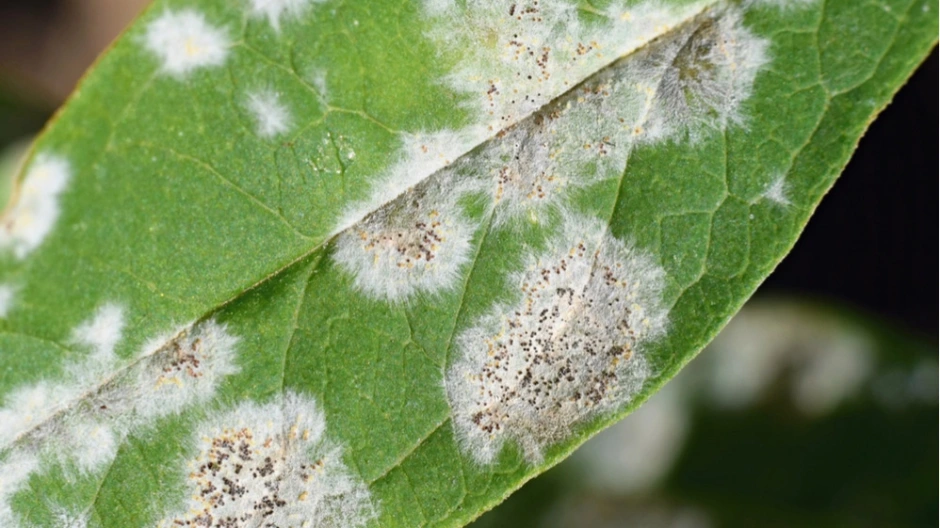
Coffee grounds are also notorious for housing large amounts of coffee growth, especially when added directly to the topsoil layer. The grounds might break down slowly and attract fungus to the plant. The result is a fungal infection on the snake plant, which you should avoid.
You can stop this problem by preparing the mulch, liquid fertiliser or compost alongside coffee ground for use on the snake plants. Remember that fungal growth can harm the development of your snake plant. Therefore, avoid using such products directly on your past or using them as a mulch or compost product.
2. Excess Moisture
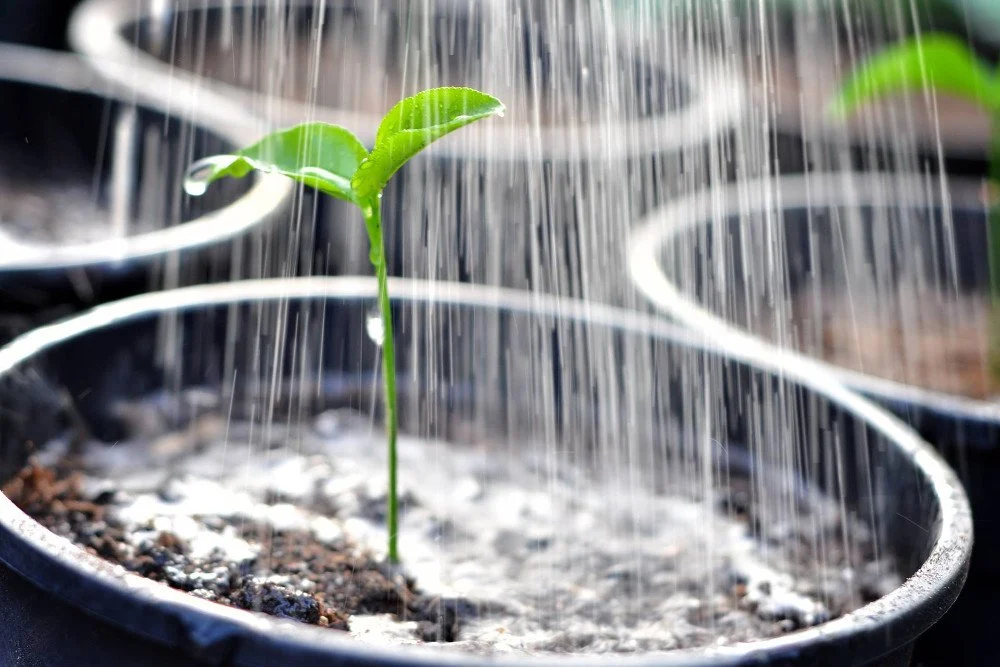
Coffee grounds can also retain large amounts of moisture for long durations. The coffee grounds are porous and have spongy surfaces. As a result, they are notorious for holding water, which can hamper the development of your snake plants. You should realise the snake plants prefer growing in well-drained soil areas.
Therefore, any excess moisture can lead to root complications and have a negative impact on plant development. If you often overwater your plants, realize that adding coffee grounds to the plant can lead to increased water retention. Therefore, be ready to adjust the amount of water you apply to your plants.
Adding coffee grounds to the soil directly can increase the pest problems that your snake plants experience. Like sogginess, pests have a negative impact on the overall development of your plants. Therefore, the best solution is to mix your coffee grounds with products such as fertilizer will help reduce the occurrence of such issues.
3. Can Harm Plant Growth
Research has shown that adding coffee ground to the soil directly harms the snake plant’s development. The issue is often serious when you use the coffee grounds directly on young plants. Therefore, you have to avoid using coffee plants directly on your plants, even when the plant is still developing. While there is no solid research on such a negative effect, it’s always good to be on the safe side with plant care practices.
4. Watering Using Left Over Coffee Grounds
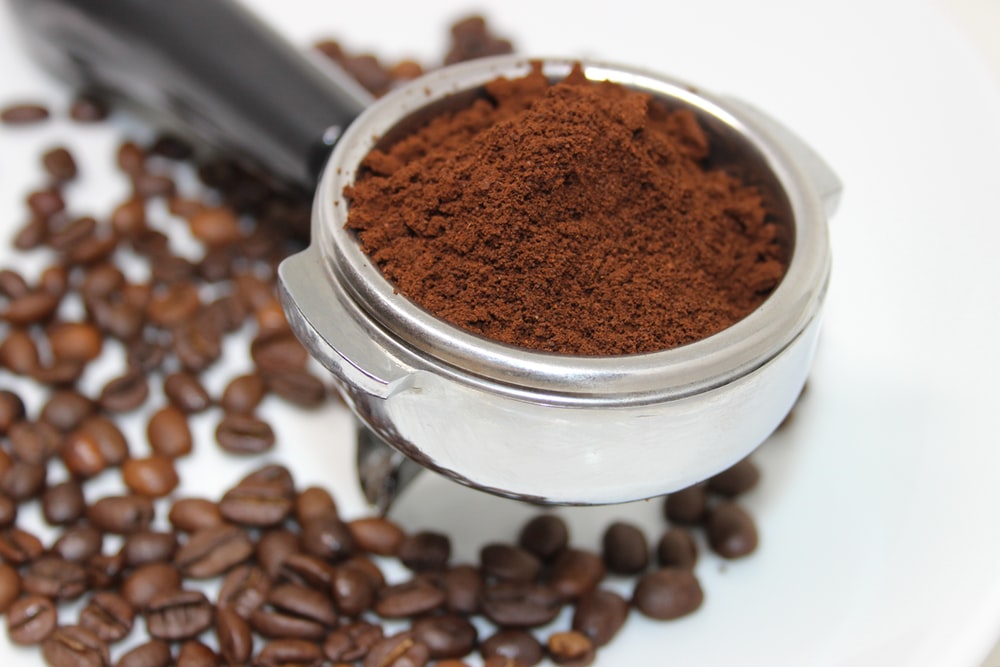
You can water your plants using leftover coffee, but we recommend avoiding it at all costs. A few reasons to consider include:
- Coffee contains large amounts of caffeine, which can harm plant development.
- Using leftover coffee for your snake plants can lead to overwatering complications.
- You also have to regulate the amount of water involved in each process.
Remember that snake plants like growing in dry soil, and you have to control the watering process for the best results. Solutions such as those involved in pH adjustments can harm your plant’s development. Therefore, you should avoid such procedures at all costs.
You should realise that using coffee grounds on plants requires an informed approach to ensure the best results. The reason is that coffee grounds might be helpful for plant development, but using them also requires you to consider various factors. All in all, coffee grounds are practical for your snake plants.
